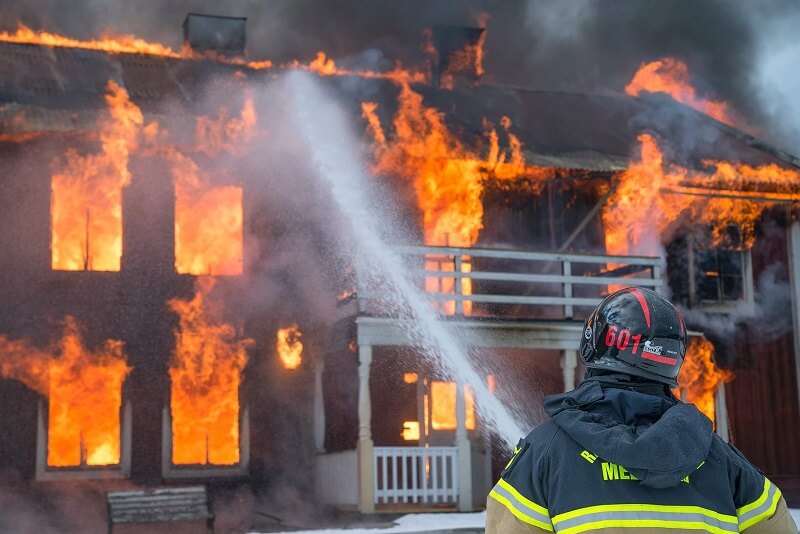
Fire insurance is a crucial component of financial security for both homeowners and businesses. In this article, we will delve into the world of fire insurance, covering its importance, the key components of a fire insurance policy, how to choose the right coverage, understanding the claims process, and proactive measures to mitigate fire risks.
The Importance of Fire Insurance
Fire insurance provides a safety net that protects your property and possessions in the event of a fire-related catastrophe. Whether you own a home or run a business, this coverage is essential for safeguarding your assets and financial well-being.
Components of a Fire Insurance Policy
A typical fire insurance policy includes coverage for damages to the insured property caused by fire, lightning, and related perils. It may also cover additional expenses incurred due to temporary displacement. Understanding the specific inclusions and exclusions is vital when choosing a policy.
Choosing the Right Fire Insurance
Selecting the right fire insurance policy involves evaluating your property’s value, contents, and assessing the potential fire risks in your area. Working with an insurance agent or broker can help you tailor your coverage to meet your specific needs.
Understanding the Claims Process
In the unfortunate event of a fire, understanding the claims process is crucial. Promptly report the incident to your insurance provider, document the damages, and work closely with your insurer to ensure a smooth and fair claims settlement.
Mitigating Fire Risks
Preventing fires is as important as being insured against them. Implementing fire safety measures, such as installing smoke detectors, fire extinguishers, and practicing fire drills, can reduce the risk of a fire and potentially lower insurance premiums.
Conclusion
Fire insurance is a vital component of financial security, protecting homeowners and businesses from the devastating effects of fire-related losses. Understanding the key components of a fire insurance policy, choosing the right coverage, knowing the claims process, and taking proactive fire safety measures are essential for a comprehensive approach to fire protection.
If you do not already have fire insurance, consider reaching out to insurance professionals to explore your options and select a policy that suits your needs. For existing policyholders, review your coverage periodically to ensure it aligns with your current situation and needs. Finally, proactively implement fire safety measures to reduce risks and enhance the protection of your property and assets.
